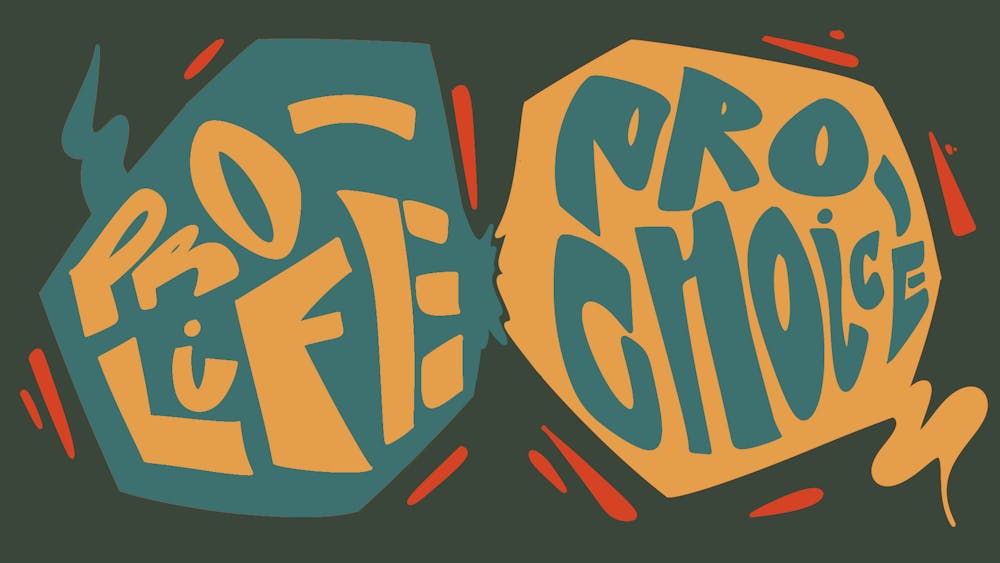The term semantic infiltration was first coined by Fred Iklé, a famous foreign policy expert, to refer to the process by which one undermines their own position in an argument by adopting the terms of their adversary. However, I first heard about semantic infiltration only recently while working for former staffers of the late Senator Daniel Patrick Moynihan (D-NY), who was the great popularizer of the term. Since then, I have found the idea to be utterly inescapable.
Much of prevailing discourse around partisanship and polarization suggests that finding common ground with those you disagree with, politically or otherwise, is important to addressing the increasing divisions in our country. However, this compromise cannot exist in the language you employ to defend and debate the issues most important to you. By adopting the language of your opponent, you may have already lost the battle; this is where avoiding semantic infiltration becomes crucial.
To find examples of how language on both sides of the aisle has converged on extremely controversial issues, you need not look further than the most divisive debate in our country today: abortion. The defining terminology is ubiquitous, with pro-choice and pro-life rhetoric saturating politics and popular culture.
These days the divide on abortion is largely partisan, and consequently language surrounding abortion has become increasingly politicized. Pro-choice Democrats long ago adopted the language of pro-choice and pro-life to discuss abortion on the national stage, but we must deconstruct these highly normalized terms.
To begin with, “pro-life” is positive in its affirmative nature, employing the prefix “pro,” and gaining further normative strength by its coupling with “life.” By using “pro-life,” anti-abortion activists and politicians tie their position to a positively connotated freedom to life which is deeply rooted in an ethos of equality and even the Declaration of Independence. Because of this, no matter how pro-choice Democrats frame the issue, by adopting the language of anti-abortion Republicans, they have already lost the war of messaging. After all, through the dichotomizing of the abortion debate, for one camp to be pro-life, the other must be anti-life. Right?
That’s certainly the way “pro-life” rhetoric is designed to make it seem. However, not all is lost. Pro-choice Democrats could try to force a reversal of language by refusing the pro-life terminology of their opposition, and opting for an anti-choice label instead. This would return the pro-choice camp to the normative high ground by forcing anti-abortion Republicans into a framework centered on choice — also deeply linguistically connected to liberty — instead of life, while simultaneously confining them to the negative position.
Some pro-choice activists have gone further than this to reclaim the linguistic battleground by centering the issue of abortion on women’s bodily autonomy. These groups have opted for labeling anti-abortionists as “anti-women,” a designation assuredly no politician wants attached to them or their policy positions. Despite this, these efforts have yet to gain traction in the larger discourse, and pro-life language permeates politics more than ever.
While pro-choice Democrats have lost this particular battle for now, the burgeoning use of alternative terminology to define Republicans is a move in the right direction for the larger pro-choice coalition. But Democrats and the left are characteristically bad at protecting against semantic infiltration, allowing terms like “the welfare state” to become a pejorative and “entitlements” to define societally necessary social insurance programs.
Adopting the use of “entitlements” in reference to Social Security, Medicare, and Medicaid, is to betray the societal benefits of this triad to a designation with elitist connotations. Not only is this nonsensical given the very purpose of these programs, but, to once again draw from Senator Moynihan, is “fatal to neutrality.”
The value of neutrality in American politics and policy has fallen by the wayside since Senator Moynihan’s time. But this only reinforces the importance of detecting and protecting against semantic infiltration; if every exigent political issue is a battleground, then you cannot allow your opponents to unilaterally define the terms of the very battle itself.
This is a pressing issue for activists who are often arrayed against far more powerful and institutional forces. For example, Fossil Free Penn should remain vigilant against the University using language of “impingement” to define their actions. The University is intentional in its language, with the means to employ several public relations specialists to deal with issues such as these. Thus, student activist groups must be increasingly aware of their own language if they hope to advance their “legitimate policy concerns.” On the flip side, if we take semantic infiltration and the power of words seriously, by acknowledging the legitimacy of FFP’s demands, the University may have taken their first step towards defeat.
VINAY KHOSLA is a College sophomore studying history and political science from Baltimore, Md. His email is vkhosla@sas.upenn.edu









